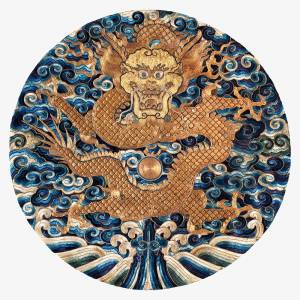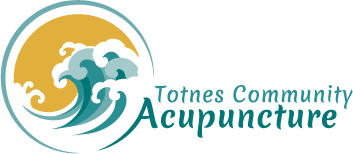
Chinese medicine is a broad range of medicine practices sharing common concepts which have been developed in China and are based on a tradition of more than 2,000 years, including various forms of herbal medicine, acupuncture, massage (tui na), exercise (qigong), and dietary therapy.
There has always been a strong emphasis on preventative medicine and historically the village doctor would be paid by their patients as long as they were in good health, and not when they became unwell.
Yang sheng is a core component of traditional Chinese medicine (TCM) that puts paramount emphasis on prevention of illnesses. The Chinese word yang refers to nourishing, nurturing, nursing, taking care of, fostering, or promoting and sheng means life, birth, growth, vitality, and health. The emphasis is on dealing with small health problems at root level to limit the chance of illness getting a foothold in the body. Essentially ‘prevention rather than cure’.
Qi: This is life energy and the belief is that it runs throughout your body. It’s always on the move and constantly changes. TCM treatments focus on ways to promote and maintain the flow of qi.
Yin and Yang: These are opposites that describe the qualities of Qi.
- Yin: night , dark, cold, feminine, negative
- Yang: day, light, warm , positive, male
The belief is that everything in life has a little bit of its opposite and it is normal for this to be interchanging, however, a harmonious balance is the key to good health and a feeling of wellbeing.
